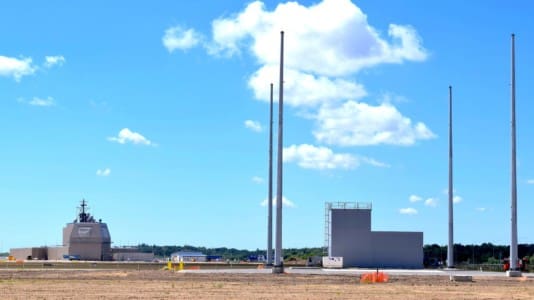The Alternative for Germany (AfD) has reached a new national polling record, while also securing first place in four out of five eastern German states, according to a series of new polls.
The national INSA poll shows that the AfD is the second most popular party in the country and just points behind the Christian Democrats (CDU/CSU), reaching a record high of 21 percent. As Remix News previously reported, the string of AfD electoral victories and new polling highs has sparked a fierce debate about the anti-immigration party and prompted politicians and journalists to speculate about methods to ban the party and invalidate elections the party wins due to a “threat to democracy.”
However, others have pointed out that when CDU and CSU are counted separately, AfD is technically the most popular party in the country.
Sonntagsfrage zur Bundestagswahl: Werte mit getrennten Unionsparteien laut INSA
AfD: 21,0% (+0,5)
CDU: 20,5% (+0,5)
SPD: 19,0% (-0,5)
GRÜNE: 14,5% (+1,0)
FDP: 6,5%
CSU: 5,0% (-1,5)
LINKE: 5,0% (+0,5)
Sonstige: 8,5% (-0,5)
Änderungen zum 26. Juni 2023#btw #btw25 https://t.co/TVcvLLybwV pic.twitter.com/WQ2pOJtrxS
— Deutschland Wählt (@Wahlen_DE) July 4, 2023The AfD has reached a new polling high in polls across eastern Germany, putting it in first place in four of the five states there. In the German state of Thuringia, the party is polling at 34 percent, according to a poll conducted by the Infratest Dimap polling institute on behalf of MDR.
If the poll were translated into actual voting, it would make forming a new government in Thuringia difficult after the elections, with neither red-red-green nor any other coalition currently in office in Germany able to achieve a majority.
No matter how the AfD does in the elections, it will still face serious hurdles to entering government. While 78 percent of AfD voters say they would like a coalition with the CDU, only 13 percent of CDU supporters are in favor of such an alliance. As a result, the AfD continues to face the substantial challenge of finding a coalition party willing to govern alongside it.
Brandenburg
The AfD is also the strongest party in the state of Brandenburg, where it would win 28 percent of the vote, according to an INSA poll conducted on July 4 on behalf of the Bild newspaper.
In Brandenburg, the AfD also currently lacks potential coalition partners, with Hermann Binkert telling Bild newspaper that it remains a serious problem for the AfD.
“Therefore, at the moment, it looks like it will be enough for the ‘Kenya coalition’ again next year. Red-red-green would only get 40 percent and is therefore no longer an option,” he said.
Brandenburg will elect a new state parliament in September 2024.
Mecklenberg-Vorpommen
The AfD has also risen to first place in Mecklenberg-Vorpommen for the first time ever, achieving 29 percent and inching out the left-wing SPD by one point.
Saxony and Saxon-Anhalt
Finally, the last two east German states have less polling data available; however, the last INSA poll conducted in Saxony in 2022 showed the AfD in first place with 28 percent of the vote, with the CDU in second with 25 percent.
In Saxon-Anhalt, the AfD is nearly in first place, scoring 29 percent of the vote versus CDU’s 31 percent, indicating that it is the only state where the AfD party still trails in the east.






